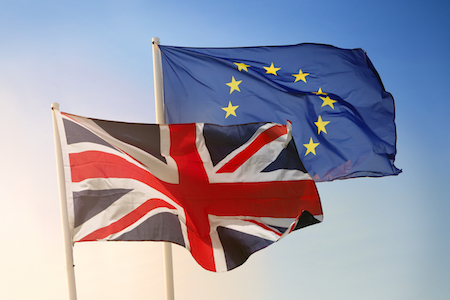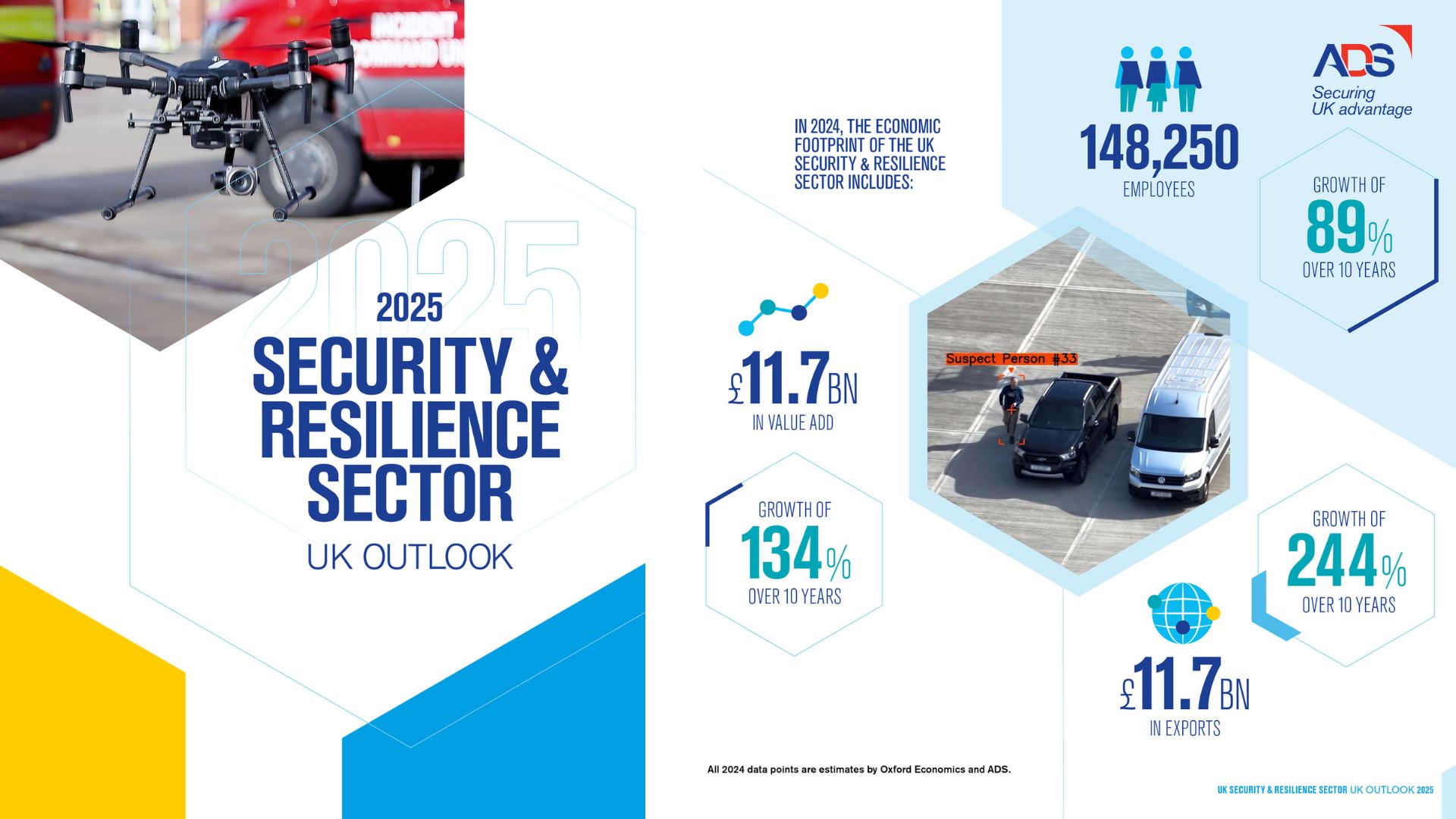
When leaving the EU, the UK leaves the EU Customs Union. This, however, should not close off the possibility of negotiating a comprehensive customs union agreement with the EU as part of our future relationship. In fact for companies that rely on just-in-time supply chains and customer service, a solution that combined a customs union with regulatory alignment would see many at-the-border issues resolved, including in Northern Ireland.
The UK’s Aerospace Defence, Security and Space sectors operate pan-European, deeply integrated supply chains with just-in-time processes. Additional delays and checks at the border or increased friction as part of any arrangement outside a customs union would result in significant costs for ADS members and damage UK competitiveness.
ADS estimates that post-Brexit administrative customs requirements could cost up to £1.5 billion annually to the industry. In a Swedish Government analysis on the impacts of Brexit, an OECD report is cited that suggests that the costs of new trade procedures could result in equivalent tariff costs of 2% – 15% on the value of every transaction. If the UK remained highly aligned with the EU on regulation and customs procedures, the cost would be closer to 2%. lf the UK were to deviate or diverge on either the regulatory framework or customs procedures, costs would rise and could account for up to 15% on the value of exports.
Last summer the Government published a paper outlining two potential future customs relationship models with the EU. One based on “highly streamlined” arrangements and another proposing a “customs partnership”. These options do not go far enough to mitigate the costs of new customs procedures or sufficiently address impacts on just-in-time manufacturing processes. Fewer than half of ADS members have IT systems in place that would be able to manage new customs procedures.
As part of our Building Brexit report, ADS analysed the Government’s proposals and concluded that a new customs union would deliver preferential trading arrangements with minimal administrative burdens. A customs union would best support the free flow of goods between the UK and EU.
An implication of a customs union agreement would mean that the UK shares an external tariff with the EU. This could restrict the scope of what the UK can negotiate as part of future free trade agreements with other countries. However, as has been debated in recent weeks, potential gains from new FTAs are unlikely to outweigh the added costs from leaving the Customs Union. NIESR analysis demonstrates the limited growth of trade from new FTAs compared to the loss of trade via arrangements the UK currently benefits from.
Ultimately business needs certainty as to the UK’s future trading relationship with the EU. Agreement on a “status quo” transition by March 2018 is essential. An indication that the UK is open to a new customs union agreement with the EU would provide a practical longer-term solution in support of UK manufacturing.





